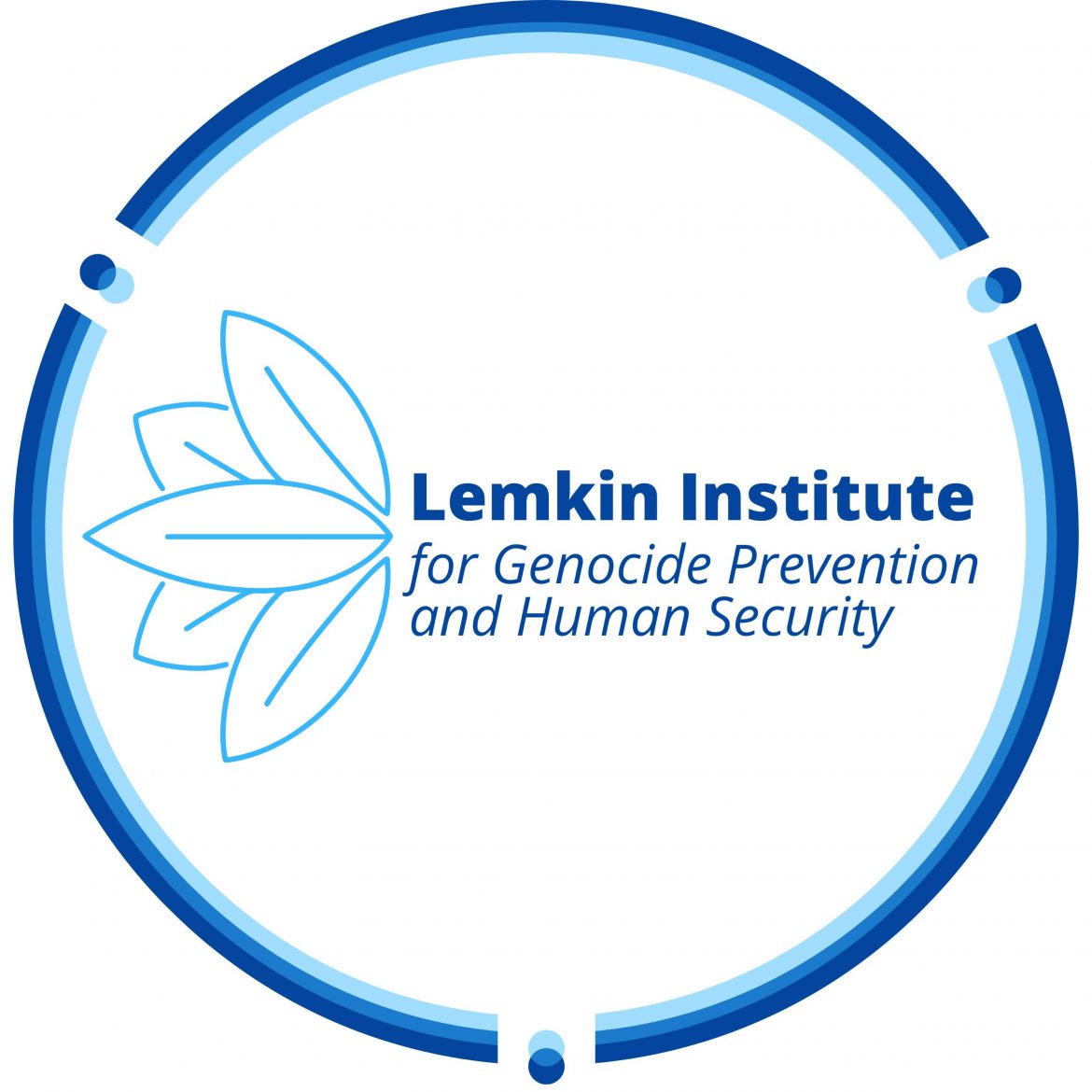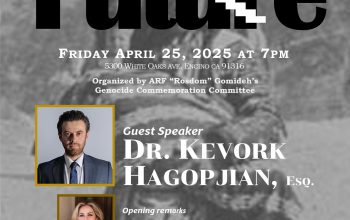The Lemkin Institute for Genocide Prevention has issued a strong rebuke of Armenian Prime Minister Nikol Pashinyan’s recent comments on the Armenian Genocide, accusing him of echoing Turkish denialist narratives and endangering Armenian sovereignty. The statement, released on January 30, 2025, condemns Pashinyan’s remarks as an implicit challenge to the established historical record of the genocide and a dangerous political maneuver at a time when Armenia faces existential threats.
Pashinyan’s Controversial Statements
During a meeting with diasporan Armenians in Switzerland, Pashinyan made comments that cast doubt on the historical recognition of the Armenian Genocide. “We must understand what happened and why it happened, how we perceived it and through whom we perceived [it],” he said, before questioning why the genocide was not internationally recognized in 1939 but emerged as an issue in the 1950s.
The Lemkin Institute argues that such statements undermine over a century of scholarly research, including work by Turkish, German, British, American, and Armenian historians. The institute warns that by suggesting the genocide’s recognition is a political construct rather than a historical fact, Pashinyan is reinforcing narratives used by Türkiye to deny its culpability.
This is not the first time the Armenian Prime Minister has been accused of minimizing the importance of genocide recognition. His April 2024 speech on the genocide anniversary and the Armenian Ministry of Foreign Affairs’ decision to remove the Armenian Genocide from its list of foreign policy priorities signal a broader shift in Armenia’s official stance. The Lemkin Institute attributes this to Armenia’s weakened geopolitical position and growing pressure from regional and global powers.
Echoing Turkish and Azerbaijani Denialism
The statement from the Lemkin Institute draws a direct parallel between Pashinyan’s rhetoric and Türkiye’s longstanding denialist strategies. Türkiye has consistently refused to acknowledge the genocide, fearing legal ramifications, reparations, and territorial claims. Ankara also relies on genocide denial to uphold a nationalist narrative and justify continued aggression against Armenians.
According to the Lemkin Institute, Pashinyan’s insinuations about a hidden political agenda behind genocide recognition reinforce a dangerous stereotype—that Armenians are manipulative and disloyal. Such rhetoric, they warn, could embolden Türkiye and Azerbaijan, legitimizing further aggression against Armenia.
The Armenian Prime Minister’s choice to highlight 1939 as a key year is particularly perplexing. The Lemkin Institute points out that the term genocide did not even exist at the time—it was coined by Raphael Lemkin in 1943. Moreover, in the years following World War I, the Ottoman Empire had already held trials convicting key perpetrators of the Armenian Genocide. The lack of widespread political recognition in 1939 was not due to doubts about the genocide’s occurrence but rather the absence of international legal frameworks to address such atrocities.
The Danger of Self-Inflicted Historical Revisionism
The Lemkin Institute’s statement expresses concern that Pashinyan’s rhetoric does not simply reflect a shift in diplomatic priorities but actively distorts historical memory. By casting doubt on the genocide’s recognition, the Armenian Prime Minister risks weakening the legal and moral foundations for future justice claims—particularly crucial in light of Azerbaijan’s recent ethnic cleansing of Artsakh Armenians.
Pashinyan’s comments could also have a destabilizing effect on the Armenian diaspora, many of whom have fought tirelessly for international recognition of the genocide. The Lemkin Institute warns that his statements could create division, forcing Armenians to question their historical memory and advocacy efforts while confusing third-party states about how to support Armenia.
The danger of Pashinyan’s rhetoric, the Lemkin Institute argues, extends beyond historical revisionism. It plays directly into the hands of Armenia’s enemies. Türkiye and Azerbaijan’s ongoing dehumanization of Armenians is not just a denial of past crimes but a continuation of the genocidal policies that began in the early 20th century. Pashinyan’s statements, whether intentional or not, provide ammunition for those seeking to erase Armenian identity and history.
A Call for Clarity and Responsibility
The Lemkin Institute urges Pashinyan to exercise greater caution in his language and to refrain from statements that align with denialist rhetoric. They emphasize that while Armenia may choose not to prioritize genocide recognition in its foreign policy, this does not justify undermining the historical truth.
At a time when Armenia’s sovereignty is under threat and the global Armenian community continues to struggle for justice, the institute warns that Pashinyan’s approach is self-defeating. Instead of protecting Armenia, his statements risk further isolating the country and weakening its ability to defend itself against external threats.
Ultimately, the Lemkin Institute reaffirms its commitment to advocating for Armenian Genocide recognition, regardless of the Armenian government’s official stance. The fight for recognition is not just about historical justice—it is a crucial step in preventing future atrocities against Armenians and other vulnerable groups.
As tensions in the South Caucasus escalate, the responsibility falls on Pashinyan to clarify his position and ensure that his words do not inadvertently aid those who seek to erase Armenian history and identity.
For a full reading of the Lemkin Institute’s statement on Pashinyan’s rhetoric, visit their official website.




